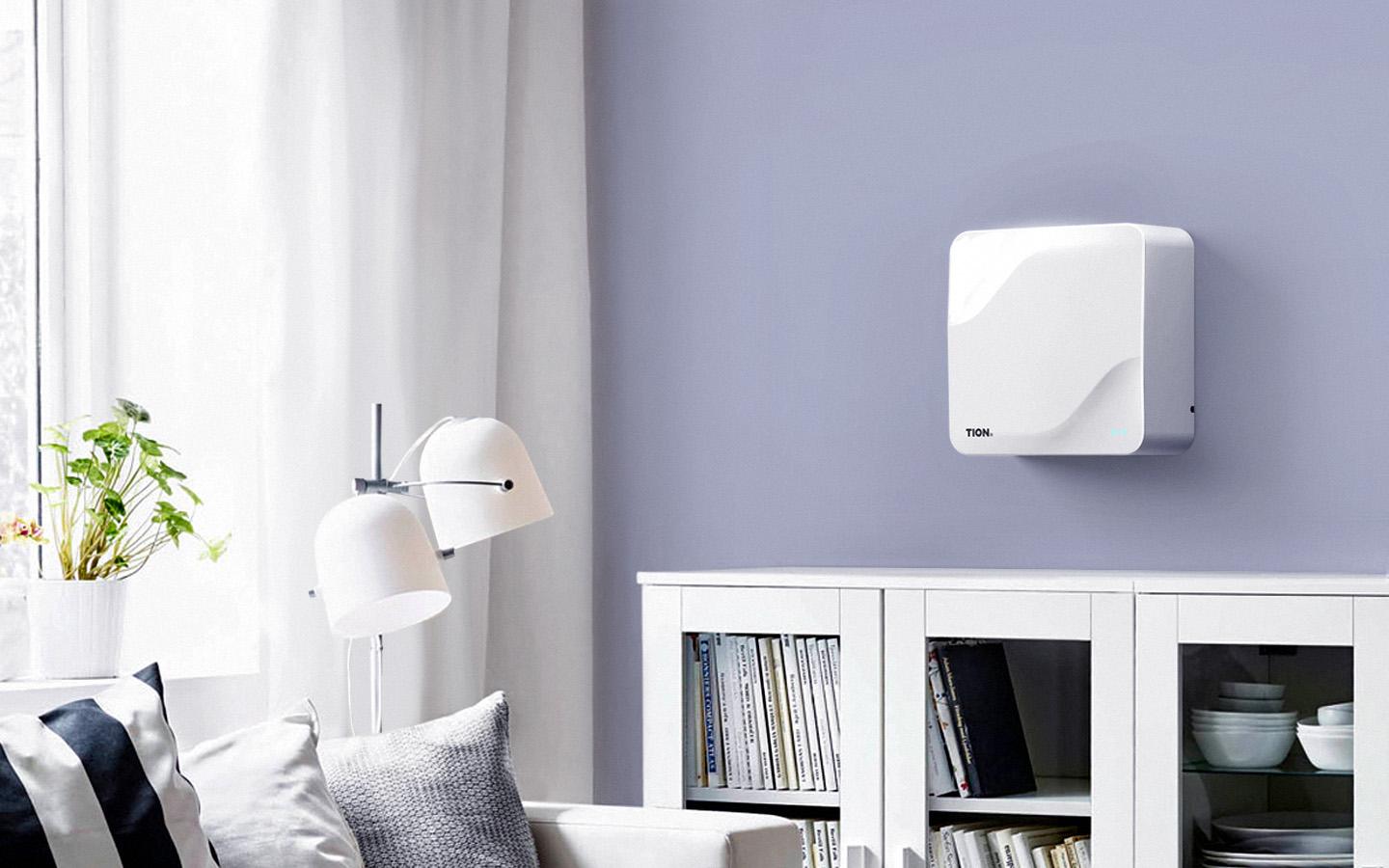Components of comfort are not only tasteful color combinations, designer furniture, and ideal air temperature.
An important role in the quality of life is the absence of unpleasant sounds that penetrate the dwelling both from neighboring apartments and from the street. Silence in a house or apartment is much more important than it may seem at first glance. Constant external noises are not only irritating to the nervous system. They can negatively affect sleep, mood, and even our health.
Unfortunately, not everyone can afford a chalet in peaceful hills surrounded by the sounds of nature or a house by the sea, where the silence is broken only by the cries of seagulls and the sound of the waves. Most of us live in apartments and houses in densely populated urban areas, where soundproofing leaves much to be desired.
The noise of passing cars, cheerful neighbors having parties until the morning, the rumble of machinery from a nearby construction site, a playground under the windows - all these sources of noise over time can make even the most cozy and comfortable apartment a place where you feel out of place.
Constant noise causes irritation, insomnia, and feelings of chronic fatigue, and can even cause high blood pressure, which, in turn, increases the likelihood of myocardial infarction.
What is considered normal and how do you know if your home is too noisy?
Most health regulations in most countries of the world reflect acceptable noise levels. As a rule, it is assumed that the noise level should not exceed 70 decibels in the areas adjacent to houses, and 40 decibels indoors during the day. At night, houses should be even more quiet. Sounds not exceeding 30 decibels may be considered normal. This is the ticking of a clock or the rustling of leaves. Such background sounds do not interfere, but on the contrary, promote rest and health. Here's how different sounds are rated on a sound scale:
- Rustling leaves - 10 dB
- Rustling paper - 20 dB
- Whispering or the sound of a clock running --30 dB
- Quiet conversation in a low voice - 50 dB
- Loud conversation or a passing car - 70 dB
- Chainsaw running - 100 dB
- Noise of a fighter jet taking off - 140 dB
The degree of penetration of street noise into a house or apartment depends on the layout of the dwelling. If there is such an opportunity, of course, when building or remodeling should be chosen for bedrooms "inside" part of the house or apartment. But what to do if there is no such an opportunity?
We have collected 7 effective ways to significantly (up to 50-70 dB) reduce the level of street noise penetrating into your home. They will help to make your home a quiet and peaceful place to relax. First, you need to find out what causes the noise and how it enters your home.
1. Fixing gaps, and cracks and replacing faulty fittings
If it is an older building, you should check your home for gaps and cracks in the walls, especially under windows. Pay attention to the voids that form under the jambs over time. You will feel a huge difference when you replace old windows with new ones, as one of the factors of street noise penetration into your home can be window sashes that do not close all the way. Doors and windows may have poor-quality rubber seals, replace them with new ones. In addition, poor soundproofing can be caused by improperly adjusted hardware.

2. Exterior and interior wall insulation
If it is a detached house, the building is sheathed with special materials that will provide sound and thermal insulation. The minus of this method - it is quite costly and makes sense to do only if you are a homeowner. It is also possible to make internal insulation. In this case, the area of the rooms will slightly decrease, since the frame will be supplemented with fasteners, a layer of mineral wool, a cellulose coating, and a layer of fiberglass. The last layer will be the plasterboard. This will help to reduce noise by about 50 dB.

3. Double and triple glazing
Double, or better triple glazing will be very effective in combating street noise. In addition, such windows will greatly improve the thermal and waterproofing of your home and you will use less energy for heating in winter and cooling in summer.
Did you know that the use of glass of different thicknesses, located at different distances from each other, significantly reduces the noise level? For example, a combination of glasses with different thicknesses (6 mm and 4 mm, or 6 mm, 5 mm, and 4 mm) and different distances between them can significantly reduce sound resonance.

4. Greens and fences
If you are the lucky owner of a private house close to a noisy highway, it is worth discussing with your neighbors the creation of a green area and/or a wooden fence around your property. Plants and natural wood absorb sound vibrations well.

5. Carpets, wallpaper, curtains
Another relatively budget-friendly soundproofing option is to wallpaper the walls of your apartment. Although they are not very popular in Cyprus, you can find a good selection of wallpaper in building stores. They will help, albeit slightly, to reduce noise. And the bonus will be coziness. The wallpaper looks much more attractive than the usual whitewash.
In addition, fluffy floor carpets (in summer they can be linen or jute mats in several layers) absorb sounds perfectly. Keep in mind that carpets with felt or rubber backing have good noise insulation. Rubber backing is preferable if the floors are covered with slippery tiles or smooth laminate.
Heavy, dense curtains will also help you fight street noise. One more flyhack - install a large bookcase on the most "noisy" wall.
You can make rooms quieter with the help of decorative panels made of acoustic textiles. This material is designed specifically to effectively absorb sounds. Panels made of dense woolen fabric, carpeting, cork, and artificial stone will cope with this task no worse.

6. White noise: create a wonderful atmosphere with sounds
To make your fight against street noise even more effective, in addition to renovations and interior changes, you can use a method called "white noise". Special audio effects can be found for free on the internet. Search YouTube for the noise of waves, birdsong, murmuring water, the sound of rain, and the gentle chime of Balinese bells.
In addition, if noise does penetrate your bedroom, you can keep earplugs on your bedside table (they are available at the pharmacy), as well as include mantras or the same sounds of nature at bedtime - pleasant soothing sounds will drown out the noise and create a "sound cocoon" that will help you fall asleep faster.
If your night's rest is disturbed by noisy neighbors or construction outside your window, remember that Cyprus has officially adopted the hours of silence: from 23.00 to 7.00. You have the right to complain to the police about troublemakers.

7. Breezers
If the windows of your apartment or house face a street where noise is a 24-hour phenomenon. In addition to air conditioners, you can be helped by special airers - breezers. These compact wall-mounted devices solve two problems at once: they provide access to fresh air in the room with a closed window and clean the incoming air from dust and allergens.
In addition, many breezers are equipped with such functions as recuperation (keeping heat in the room), ozonation, humidification and aromatization of the air, cleaning the air inside the room through recirculation, destruction of bacteria by ultraviolet, as well as information about temperature, humidity, CO2 level. Some models are compatible with smart home systems. Ideally, a breezer should be in every room.
How do you save yourself from noise? Share your best practices in the comments!

Interested in accommodation in Cyprus? Check out DOM! The agency's website has the largest real estate database in the country - more than 30 thousand residential and commercial properties all over the island! Here you will find information about the latest development projects. Select and contact professional real estate brokers who will help you make the right choice!
Read also:
- The best gated family complexes in Limassol
- Hi-tech, constructivism and minimalism: popular interior styles in Cyprus
- School next to home: properties for sale near the most popular educational centers in Cyprus
- How to prepare your home for winter in Cyprus?
- 5 Life Hacks to use mirrors in interior design in Cyprus
- Best color solutions for your apartment in Cyprus


